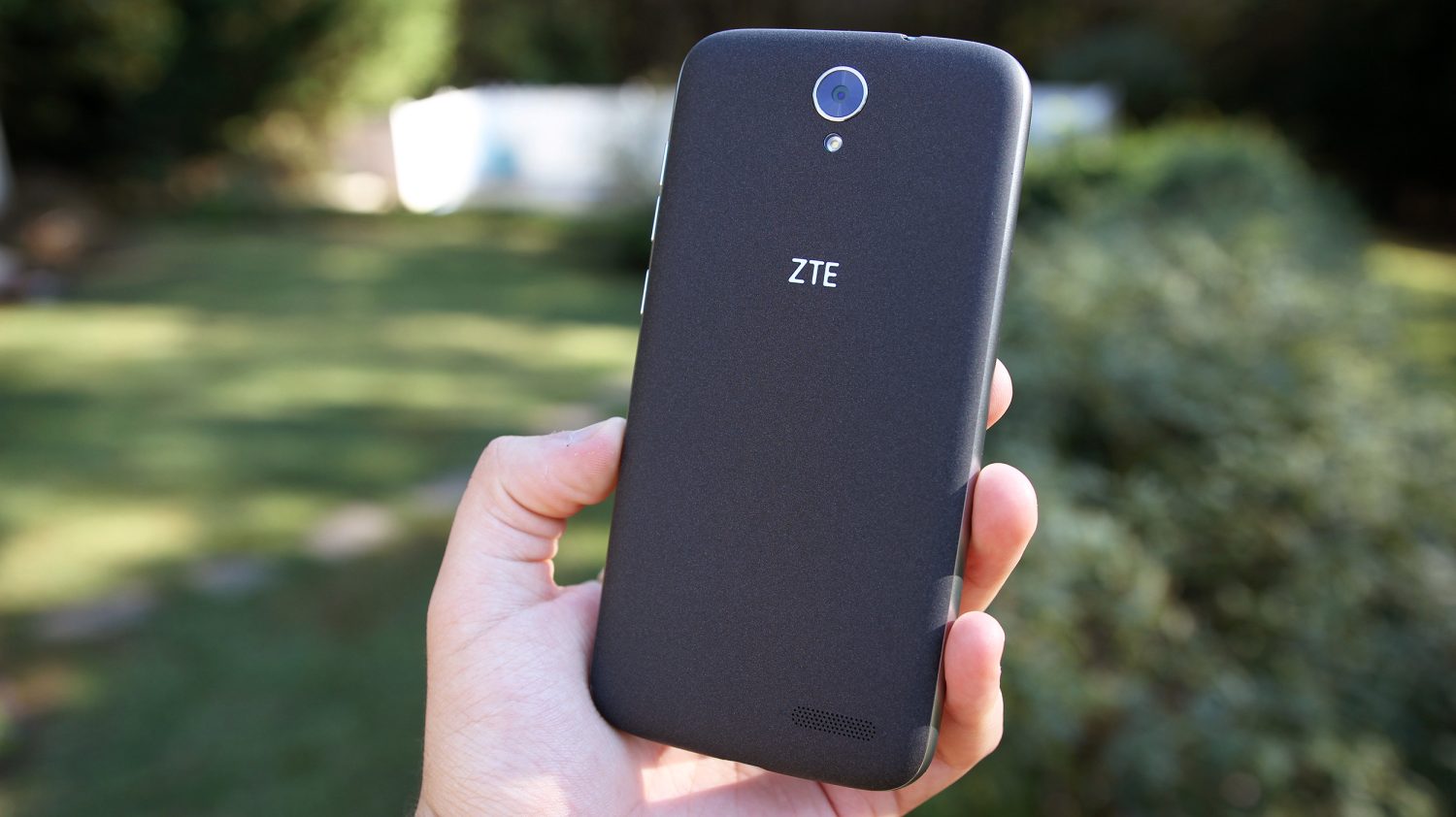Private rocket launch service Space X has filed its documents on Tuesday show, with the US Federal Communications Commission for governmental approval to operate an orbital digital communication, a massive satellite network consisting 4,425 satellites, which would provide global internet coverage and high-speed.
This system is designed in such a manner that it will access extensive range of broad band and communication services worldwide for commercial, residential, professional, government and institutional users. Not only this, it will also fly cargo supply ships for NASA to the International Space Station. It will provide space based alternative to fibre optics, cables and other terrestrial internet services, which are currently available according to Space X technical documents.
The satellites launched into orbits will be ranging from 714 miles to 823 miles above the Earth. Each satellite would weigh 850 pounds and the size will be about an average car, as stated by the company, owned and operated by technology entrepreneur Elon Musk.
Some other privately owned companies such as, One Web and Boeing Co. are also under development of similar internet-via satellite networks. Regarding finance, Musk announced in January 2015 that the project would cost at least $ 10 billion and the Musk’s space launch firm is being backed by Space Exploration Technologies Corp, along with Alphabet’s Google Inc. and Fidelity investments which have contributed approximately $ 1 billion.
The company hopes to resume flights most probably next month, as it had been kept on hold since Sept. 1 due to launch pad accident, which destroyed $200 million Israeli communication satellite and $62 million Falcon 9 booster. Though it has not specified when its launches would occur.


















































